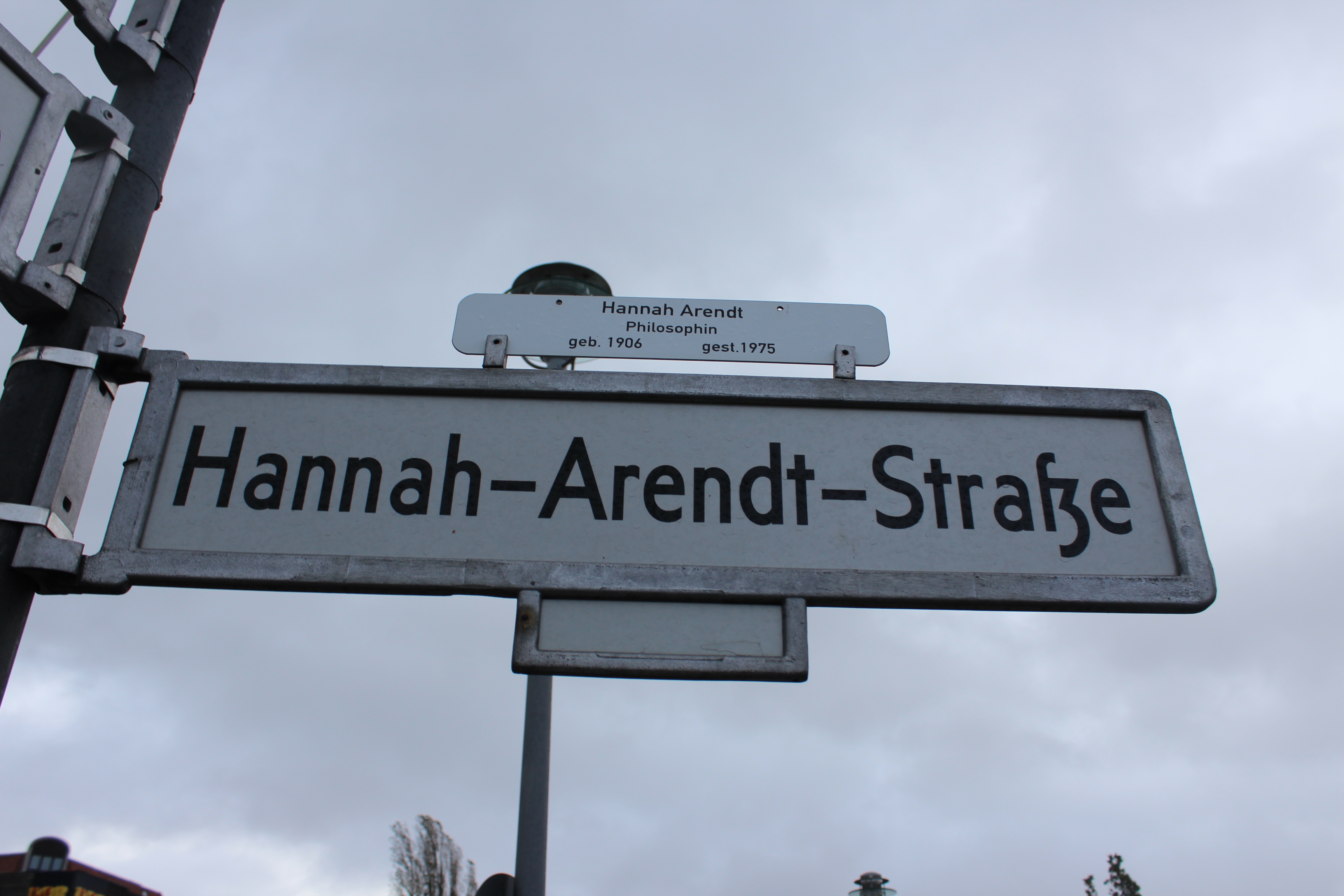

In addition, her discussion of racism suffers from ignoring New World slavery.

The pattern of anti-Semitism and imperialism leading to totalitarianism seems to fit the German model better than the Russian, however. There are some wonderful insights here, such as the change in anti-Semitism from anti-Judaism to anti-Jewishness and the change in the concept of nation from one of geography to one of ethnicity or race. She describes totalitarianism arising out of anti-Semitism and global imperialism. Her thesis is that their totalitarian regimes were qualitatively different from other despotisms, both inwardly and outwardly, because their aim was not self or national aggrandizement, but pursuit of a blinding ideology, leading ultimately to total destruction. From this vantage point, she discusses the evolution of classes into masses, the role of propaganda in dealing with the nontotalitarian world, the use of terror, and the nature of isolation and loneliness as preconditions for total domination.Arendt uses Marxist economics, combined with a Hobbesian outlook, to evaluate the rise of Hitler and Stalin. Arendt explores the institutions and operations of totalitarian movements, focusing on the two genuine forms of totalitarian government in our time-Nazi Germany and Stalinist Russia-which she adroitly recognizes were two sides of the same coin, rather than opposing philosophies of Right and Left. The Origins of Totalitarianism begins with the rise of anti-Semitism in central and western Europe in the 1800s and continues with an examination of European colonial imperialism from 1884 to the outbreak of World War I. Book Synopsis Hannah Arendts definitive work on totalitarianism-an essential component of any study of twentieth-century political history. About the Book Hannah Arendts definitive work on totalitarianism, an essential component of any study of twentieth-century political history.


 0 kommentar(er)
0 kommentar(er)
